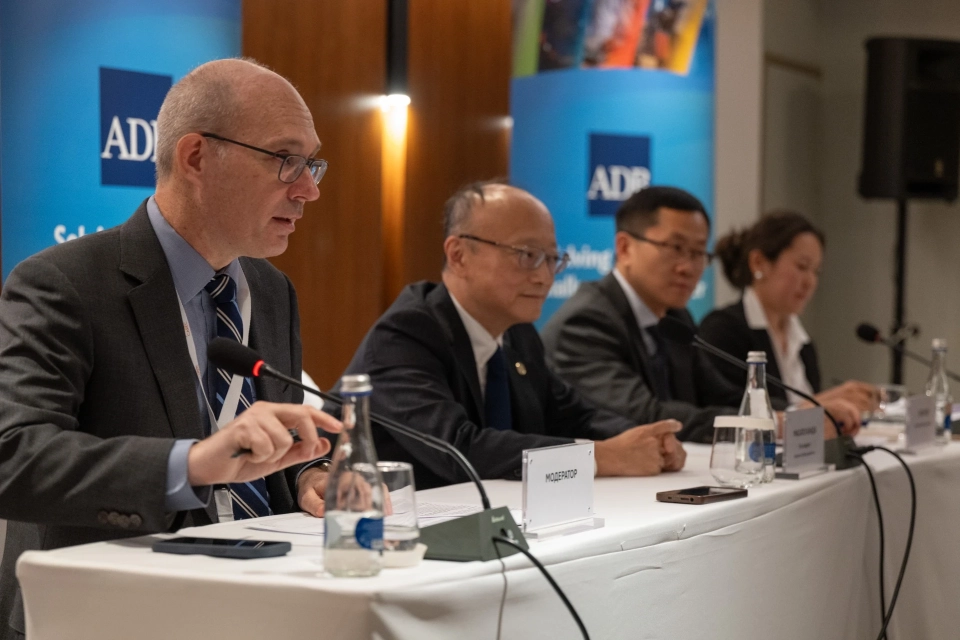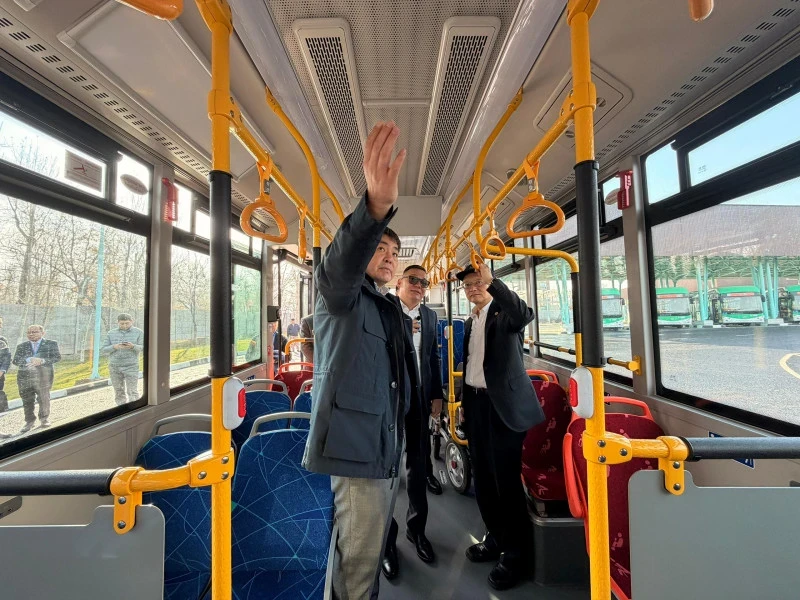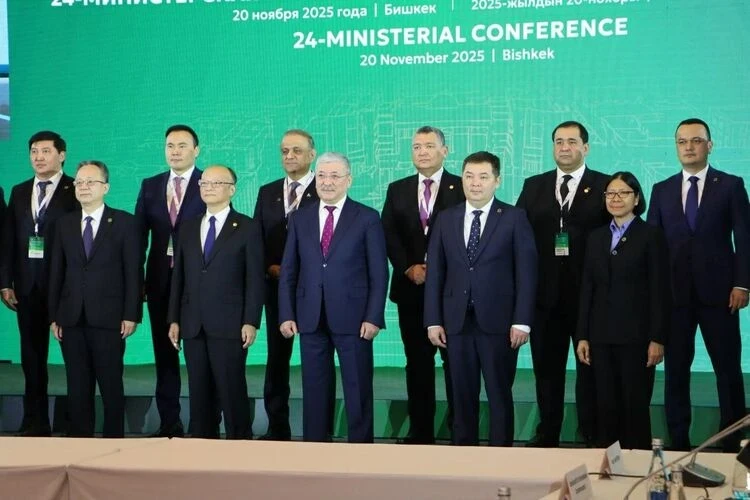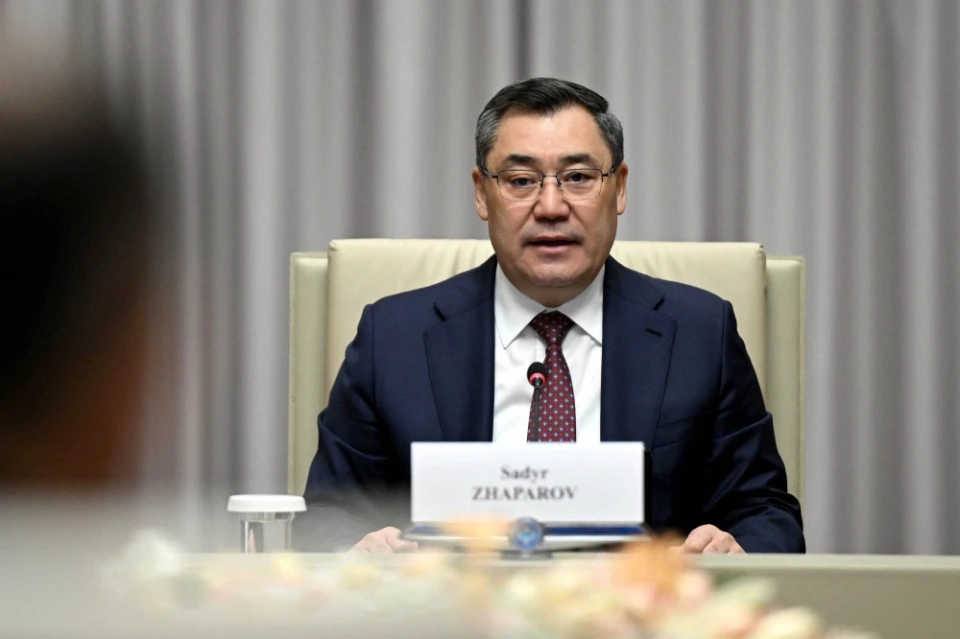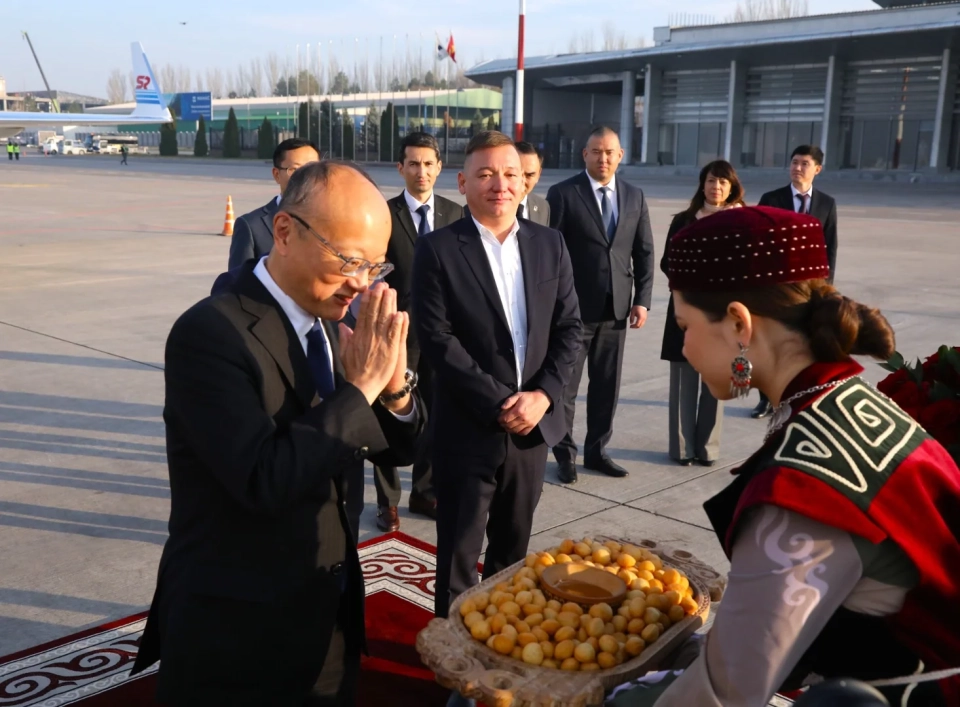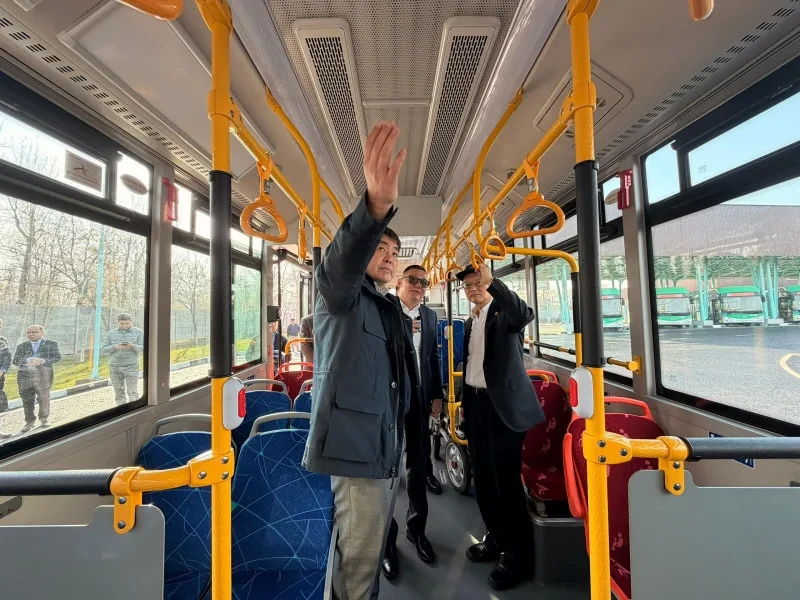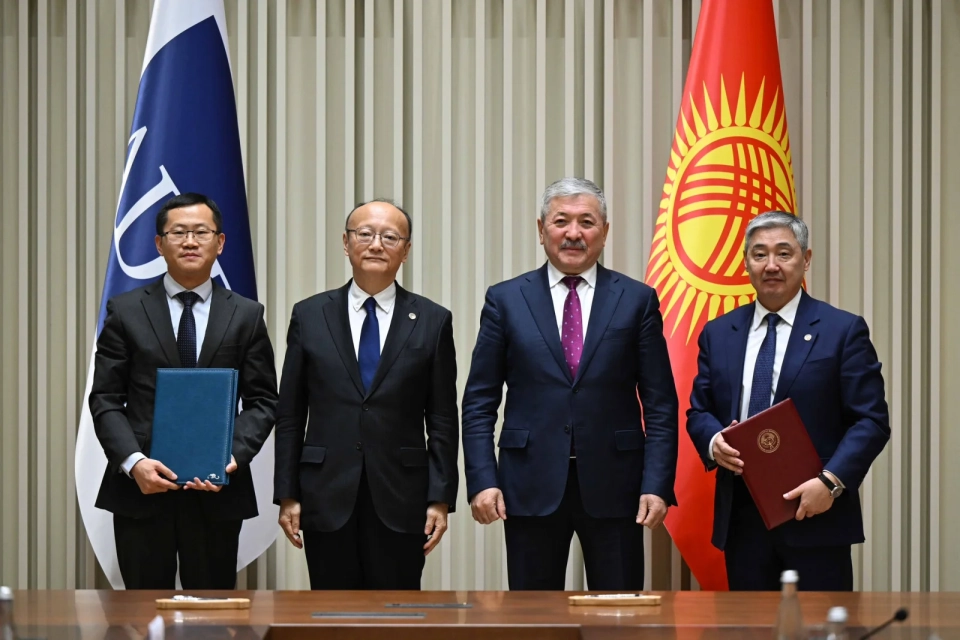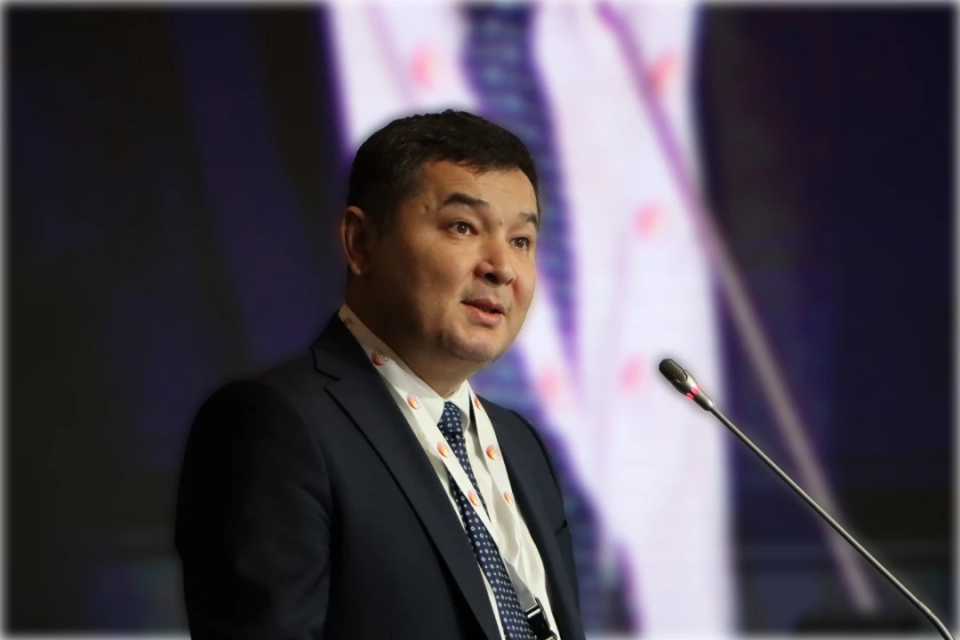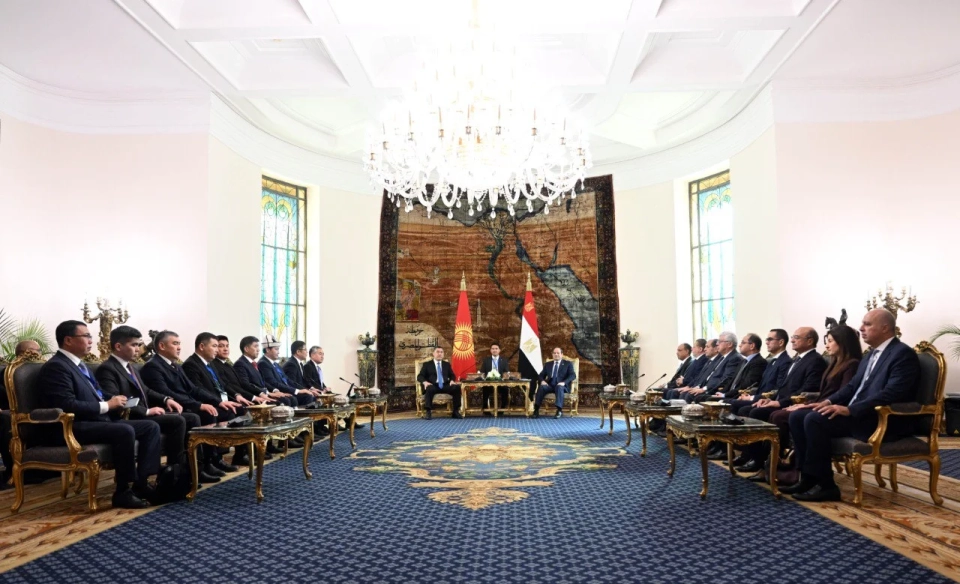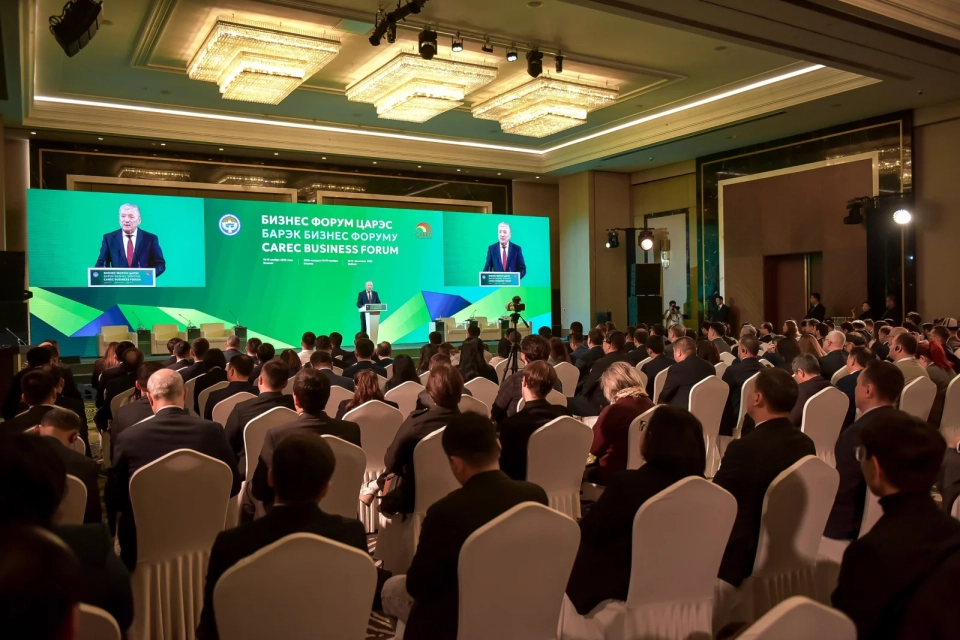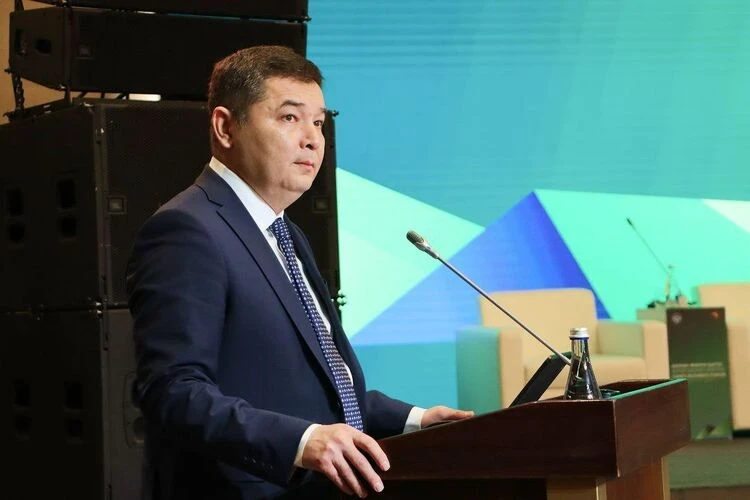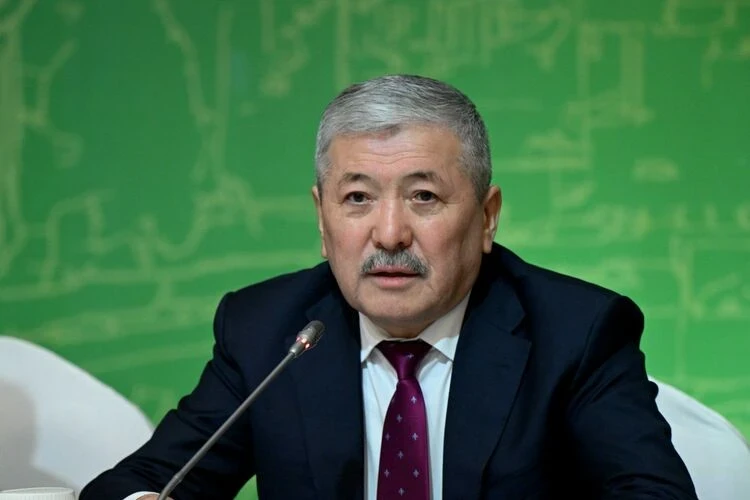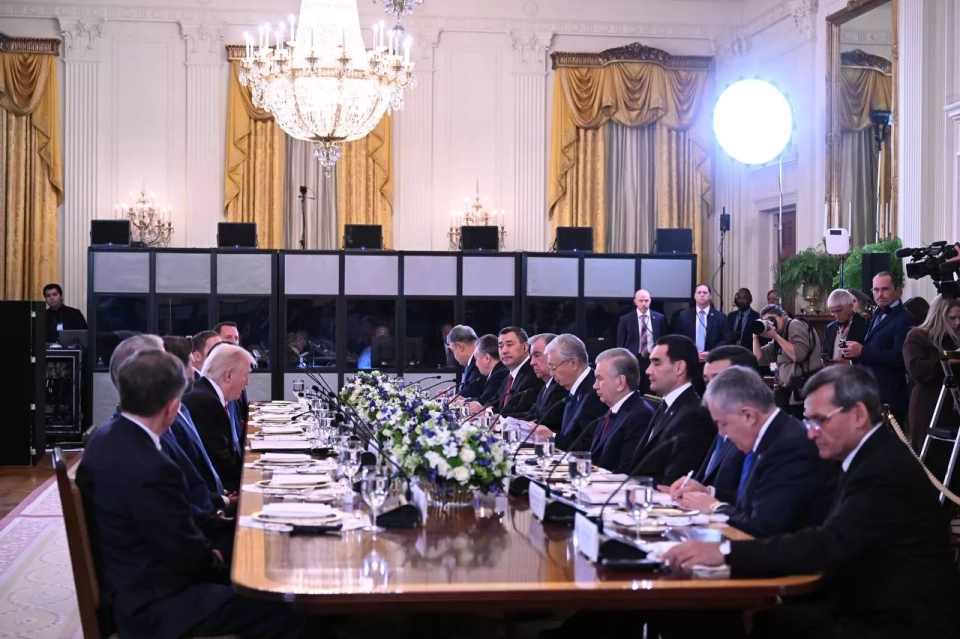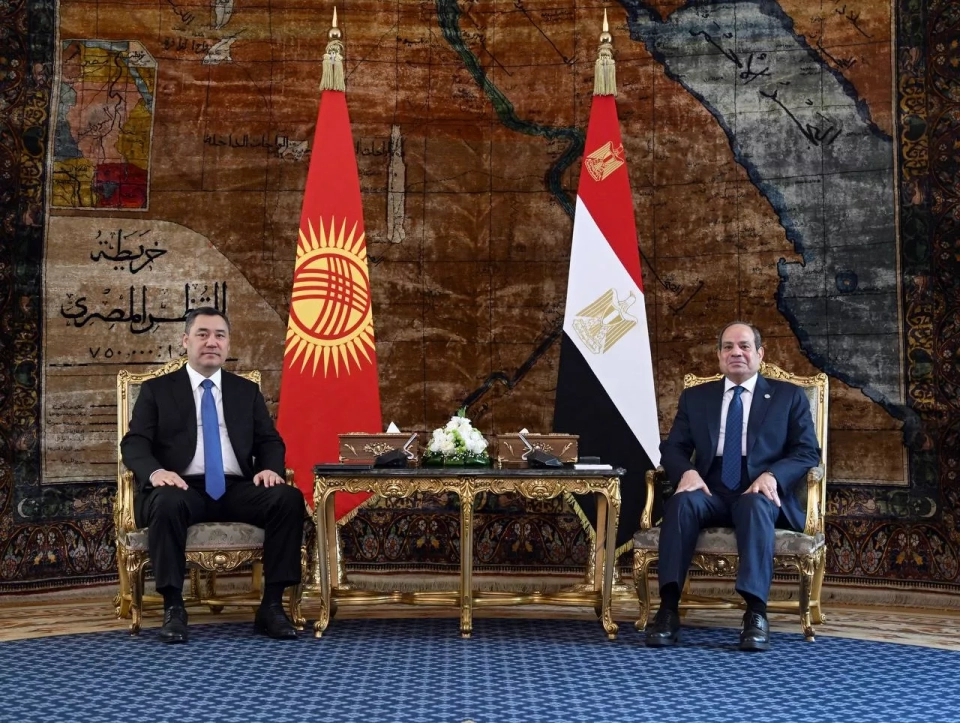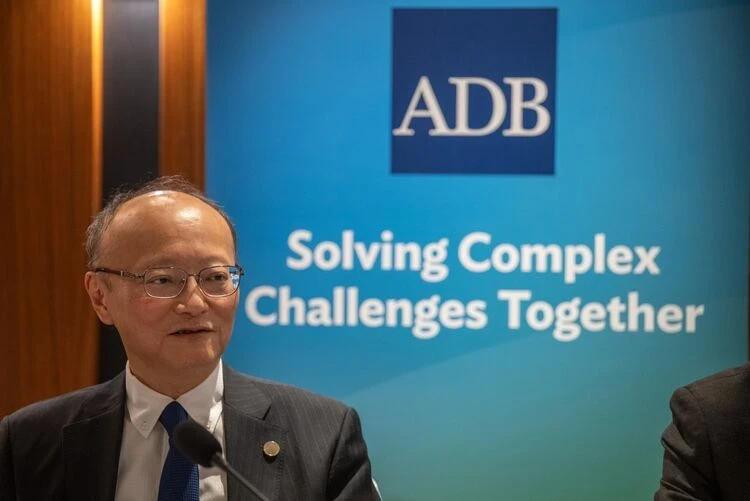
During his visit to Bishkek, the President of the Asian Development Bank (ADB), Masato Kanda, held a briefing for representatives of five well-known media outlets in Kyrgyzstan.
During the meeting, he discussed the future cooperation between ADB and Kyrgyzstan within the framework of the Central Asia Regional Economic Cooperation (CAREC) initiative. Kanda noted that Kyrgyzstan is regarded as one of the bank's key partners in Central Asia, and that ADB is ready to significantly increase its investments in reforms, infrastructure development, and climate resilience.
Sustainable Development of Transport Infrastructure
In response to a question from 24.kg about the role of ADB in supporting transport and logistics projects in the country and region, Kanda emphasized the importance of ensuring that the benefits of these initiatives reach not only large cities but also remote areas.
“I congratulate Kyrgyzstan on its successful chairmanship in CAREC. ADB plays a key role in this program and feels responsible for improving regional connectivity. Our goal is not just to finance projects, but also to coordinate the efforts of countries by providing expert assistance,” he noted.
“Our priority is to create inclusive infrastructure and ensure access to markets for small towns and remote areas,” Kanda added.
According to him, by 2030, ADB plans to invest $10 billion in CAREC transport corridors, of which $4 billion will be allocated to the CAREC-2 corridor.
Stimulating the Energy Sector
Speaking about the Kambar-Ata-1 project, Kanda highlighted its strategic importance for Kyrgyzstan's energy security and water resource management.
“ADB remains a leading partner of Kyrgyzstan in major infrastructure projects, including hydropower. We plan to allocate $300 million, starting with $140 million on concessional terms for the preparation and effective implementation of the project,” he reported.
“In addition, we actively support the development of green energy and innovative technologies,” Kanda added.
Eco-Friendly Transport
Discussing his visit to the electric bus project in Bishkek, Kanda expressed admiration for the new transport.
“Electric buses are not only environmentally friendly and quiet, but also convenient to operate. They significantly reduce emissions and improve air quality, as well as ensure accessibility for all population groups,” he noted, emphasizing the importance of inclusivity.
Kanda also added that ADB will continue to develop green transport projects in other cities of Kyrgyzstan.
Digitalization as a Priority
In response to a question about digital transformation, Kanda stated that it is one of ADB's key priorities.
“We have established a special office focused on implementing digital technologies. Digitalization expands markets and reduces costs, allowing countries to develop faster. It is also important to pay attention to cybersecurity and enhancing digital literacy,” he added.
Kanda mentioned the signing of the Bishkek Declaration within the framework of the CAREC digital corridor, which is a significant step towards improving trade conditions and speeding up document flow.
Prospects for Cooperation with ADB
In response to a question about the impact of Kyrgyzstan's economic growth on cooperation with ADB, Kanda noted that improving the macroeconomic situation will allow for expanding the volume and directions of support.
“In 2025-2027, we plan to allocate $700 million to Kyrgyzstan, which indicates a high level of trust in the reforms being implemented,” he emphasized.
Kanda highlighted three key areas of support: attracting private investments, developing infrastructure, and strengthening resilience to climate threats.
“Kyrgyzstan is vulnerable to climate change, and we are ready to continue assisting in adaptation and risk reduction,” he concluded.
ADB is a leading multilateral bank that supports sustainable and inclusive growth in the Asia-Pacific region, using innovative financial instruments to improve people's lives and protect the environment. Established in 1966, ADB has 69 members, 50 of which are located in the region.
